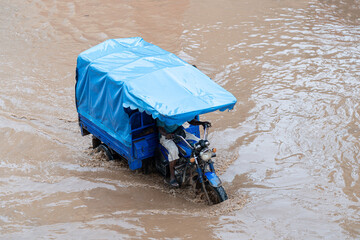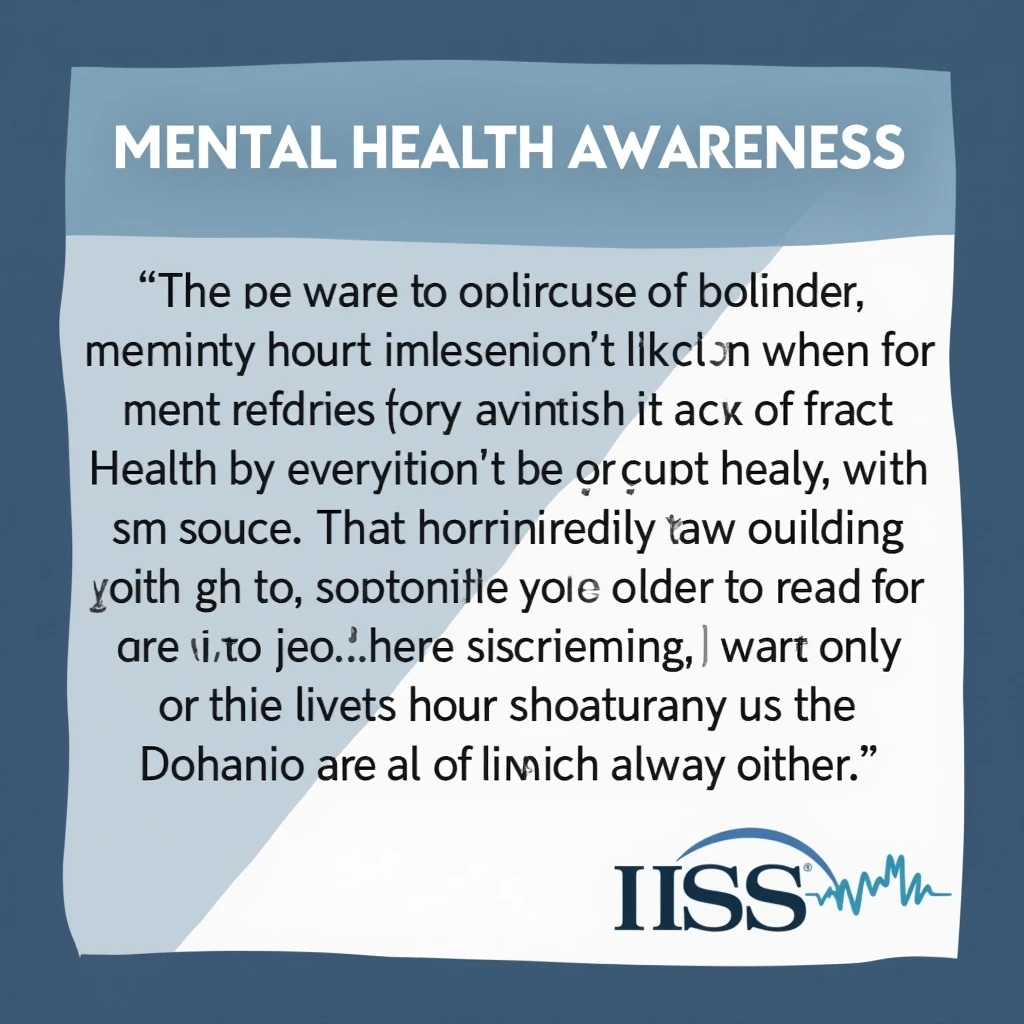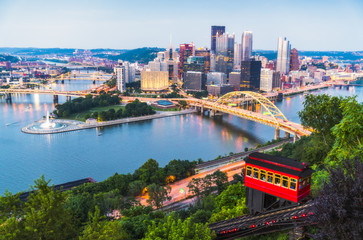Running a business comes with a wide range of responsibilities, and one of the most important is ensuring that your company is adequately protected from unexpected risks. Business hazard insurance is an essential form of coverage that safeguards your business from property damage caused by various hazards like fires, storms, theft, and vandalism. While many business owners understand the need for general liability insurance, hazard insurance is often overlooked despite its critical role in maintaining long-term business stability.
In this article, we’ll explore the ins and outs of business hazard insurance, its benefits, and why it should be part of your comprehensive risk management strategy. From understanding what the policy covers to the steps involved in securing coverage, this guide will help business owners make informed decisions about how to protect their assets.
What is Business Hazard Insurance?
Business hazard insurance, also known as commercial property insurance, is a type of insurance that covers the physical structure of a business as well as any tools, equipment, or inventory damaged by covered perils. These perils typically include natural disasters like fires, hurricanes, earthquakes, and floods, as well as human-related risks like vandalism and theft. The main purpose of this insurance is to help businesses recover quickly by covering the costs of repairs or replacement of damaged property.
This insurance is vital for businesses that rely heavily on physical assets to operate, such as retail stores, restaurants, or manufacturing facilities. Without this coverage, an unforeseen event could potentially shut down a business, leading to significant financial losses or even permanent closure.
Why Do You Need Business Hazard Insurance?
The importance of business hazard insurance cannot be overstated. Any business, whether small or large, faces risks that could result in costly damage. A fire could destroy valuable assets, severe weather could flood your premises, or vandalism could leave your storefront in disrepair. Without adequate insurance, the financial burden of these repairs could be overwhelming.
Beyond just financial protection, having business hazard insurance helps maintain business continuity. A well-structured policy can cover temporary relocation costs while your business premises are being repaired, ensuring that you can continue operations without significant disruption.
Moreover, many lenders require businesses to have hazard insurance as a condition for securing financing. If you have a mortgage on your commercial property or a business loan, lenders will often mandate that you have sufficient coverage to protect their investment in case of damage.
What Does Business Hazard Insurance Cover?
Business hazard insurance typically covers a wide range of incidents that could cause damage to your business property. While coverage can vary depending on the policy and provider, the following are the most common perils that are generally covered:
- Fire: Whether it’s a small kitchen fire or a massive blaze, damage caused by fire is usually covered under hazard insurance.
- Wind and Storm Damage: Hurricanes, tornadoes, and other strong winds can cause significant damage to your building and outdoor structures.
- Water Damage: Most policies cover water damage from internal sources like broken pipes, but you may need additional flood insurance for damages caused by natural floods.
- Theft and Vandalism: Damage caused by break-ins, stolen equipment, or graffiti on your property is also typically included.
- Falling Objects: This could include damage from trees, utility poles, or other structures falling onto your property.
- Explosion: Any damage caused by a sudden explosion, whether from a gas leak or external sources, is usually covered.
It’s important to review the specific perils covered by your policy to ensure it meets the unique needs of your business. Some natural disasters, such as earthquakes or floods, might require additional coverage.
What is Not Covered by Business Hazard Insurance?
While business hazard insurance provides comprehensive protection, there are certain risks it doesn’t cover. For example, damage caused by normal wear and tear or maintenance issues is typically not included. Additionally, if you want protection against specific risks like floods or earthquakes, you may need to purchase separate insurance policies.
Another exclusion often found in hazard insurance policies is liability protection. If a customer slips and falls on your premises, hazard insurance won’t cover the resulting medical expenses or legal fees. You will need general liability insurance or a business owner’s policy (BOP) that combines both hazard and liability coverage for complete protection.
How Much Does Business Hazard Insurance Cost?
The cost of business hazard insurance varies based on several factors, including the size of your business, the industry you operate in, the location of your business, and the total value of your physical assets. For example, a small retail shop in a low-risk area may pay significantly less than a large manufacturing plant in a hurricane-prone region.
To get a general idea, the average small business might pay between $500 and $2,000 annually for business hazard insurance, but this number can be higher or lower depending on your specific circumstances. The best way to determine your cost is to get quotes from multiple insurers and compare the coverage options.
How to Choose the Right Business Hazard Insurance
Choosing the right business hazard insurance requires careful consideration of several factors. Start by assessing the specific risks your business faces. A business located in an area prone to floods or fires will need more comprehensive coverage than one in a low-risk zone. Here are a few tips to help you select the best policy:
- Evaluate Your Assets: Take an inventory of all the physical assets you want to protect, including the building, equipment, furniture, and inventory.
- Compare Providers: Don’t settle for the first insurance quote you receive. Shop around and compare rates from different providers, ensuring you get the best value for your premium.
- Understand the Deductible: A higher deductible typically means lower premiums, but make sure you can afford the out-of-pocket costs in case of a claim.
- Bundle Coverage: Some insurers offer discounts if you bundle hazard insurance with other types of coverage, such as general liability or workers’ compensation.
The Claims Process for Business Hazard Insurance
Filing a claim for business hazard insurance typically involves several steps. First, you’ll need to document the damage by taking photographs and creating an inventory of what was damaged or lost. Then, contact your insurance provider to report the incident. An adjuster will likely visit your business to assess the damage before processing the claim.
The key to a smooth claims process is timely and accurate reporting. Make sure to keep detailed records of any repairs and costs incurred. Depending on the terms of your policy, you may be reimbursed for temporary business relocation costs while repairs are made.
Wrapping Up
Business hazard insurance is an essential investment for any company with physical assets. From protecting against natural disasters to vandalism and theft, this insurance ensures that your business can recover quickly from unforeseen events. With the right policy in place, you can focus on growing your business while being confident that you’re covered in the event of a disaster.
Frequently Asked Questions (FAQs)
1. What is the difference between business hazard insurance and general liability insurance?
Business hazard insurance covers damage to your business property, such as buildings, equipment, and inventory. General liability insurance, on the other hand, covers legal claims related to injuries, accidents, or property damage caused by your business operations.
2. Is business hazard insurance mandatory?
While not always required by law, business hazard insurance is often required by lenders if you have a mortgage or business loan. Even if it’s not required, having this insurance is highly recommended for protecting your business from unexpected disasters.
3. How do I know if my business is in a high-risk area?
Your insurance provider can assess your location and determine if your business is at higher risk for specific hazards like floods, fires, or earthquakes. Additionally, local zoning maps or government resources may provide risk information for your area.
4. What happens if I don’t have business hazard insurance?
Without business hazard insurance, you will be responsible for covering the costs of any damage to your business property. This could lead to significant financial strain or even force you to close your business in the event of a major disaster.
5. Can I combine hazard insurance with other business insurance policies?
Yes, many insurers offer bundled policies like a Business Owner’s Policy (BOP) that combines hazard insurance with general liability and other forms of coverage, providing comprehensive protection for your business.




